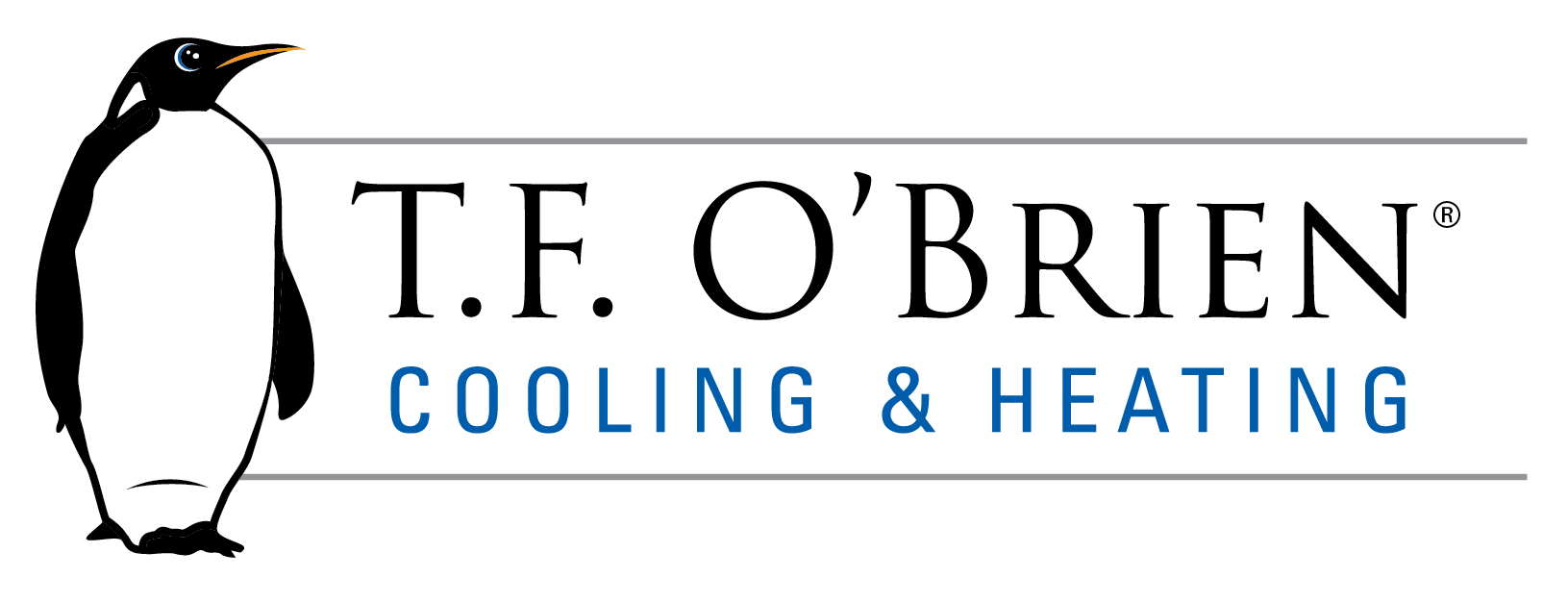Heat Gets Trapped in Your Crawl Space and Will Leak into Your Home
Crawl spaces have a big impact on home performance. When the summer sets in around Long Island, heat can collect in your crawl space, rising up through the floor into your living space. This means your cooling system has to work harder to make up for the extra heat pouring into your home. Installing insulation beneath your floor can help prevent this heat transfer. Continue reading “Crawl Spaces Can Be Laden With Heat — Use These Tips To Trap Heat Before It Enters Your Home”
